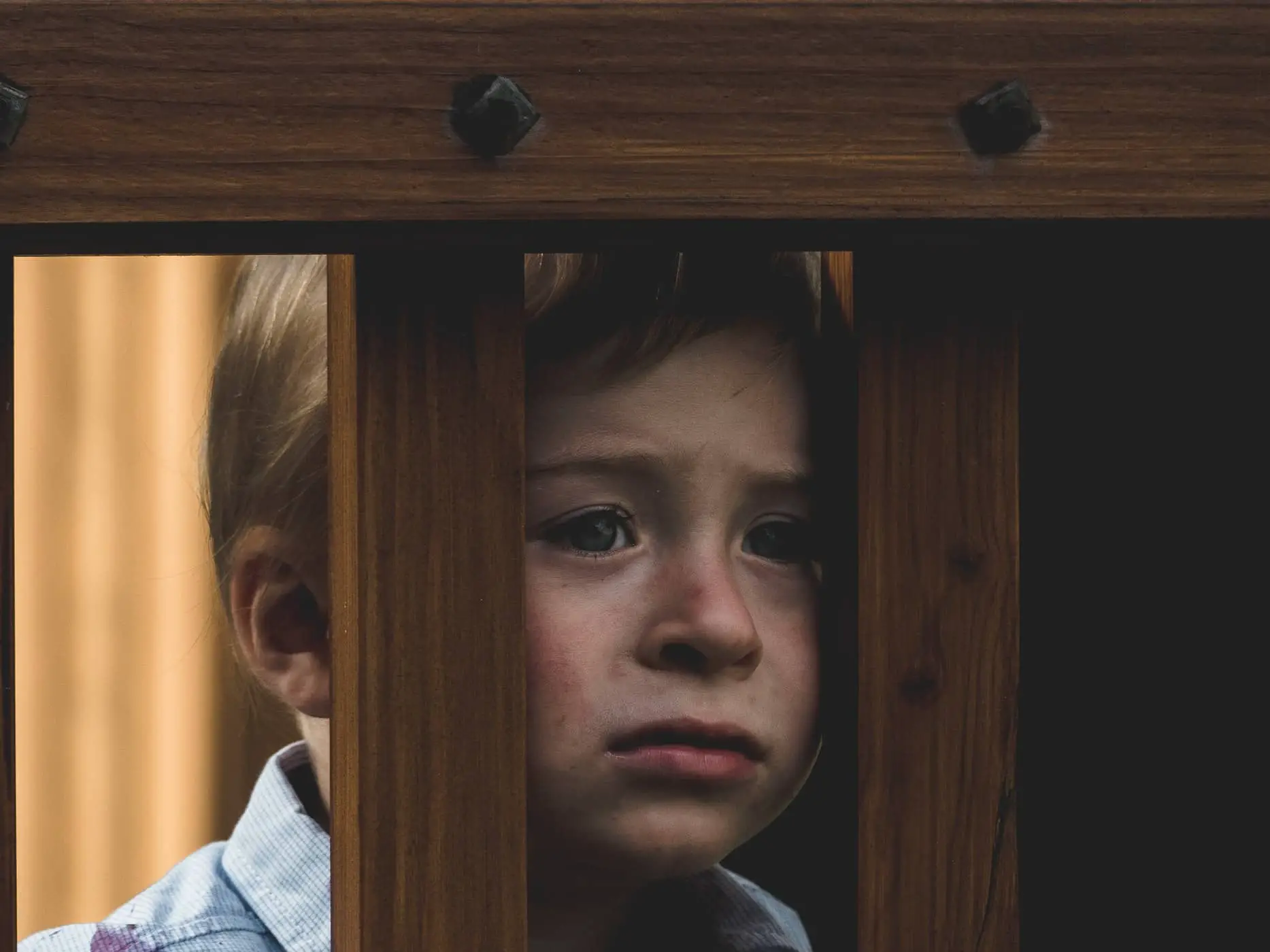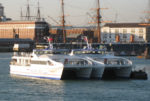Children’s safeguarding teams on the Isle of Wight are ‘busier than ever’ dealing with the effect Covid lockdowns have had on families.
The Isle of Wight Council’s children’s services team is seeing roughly 10-15 per cent more work coming to them, compared to this time last year.
Families struggling being cooped up
Steve Crocker, director of children’s services, said it was hard to completely evidence the rise but from what the teams were seeing families were struggling with being cooped up for months under lockdown measures.
An increase in domestic and substance abuse instances has seen more cases being passed onto children’s services.
Recruitment issues
Speaking at last night’s meeting of the children’s education and skills policy and scrutiny committee, Mr Crocker said safeguarding had been more difficult during the Covid pandemic.
He said:
“We have got funding for additional social workers, going into each of our child assessment and safeguarding teams.
“The funding is released but it is slightly tricky recruiting at this time as nobody is moving around the country, for obvious reasons.”
Five new social workers have been recruited.
Supporting families in need
The increase in child protection orders is following the national picture, and Kathy Marriott, the area director for children’s services, said while it was a shame to see the figures going back up, it was entirely appropriate to open protection orders as they supported families in need at this time.
Rise in number of child protection plans
Currently, 166 children on the Island are subject to a child protection plan, up from 136 at the end of June.
Ms Marriott said some of the families they had seen earlier in the year had not been in contact with the children’s services team at all before lockdown.
However, where parents had experience mental health concerns, it was necessary to issue an emergency order.
This article is from the BBC’s LDRS (Local Democracy Reporter Service) scheme, which OnTheWight is taking part in. Some alterations and additions may be been made by OnTheWight. Ed
Image: Tadeusz Lakota under CC BY 2.0





